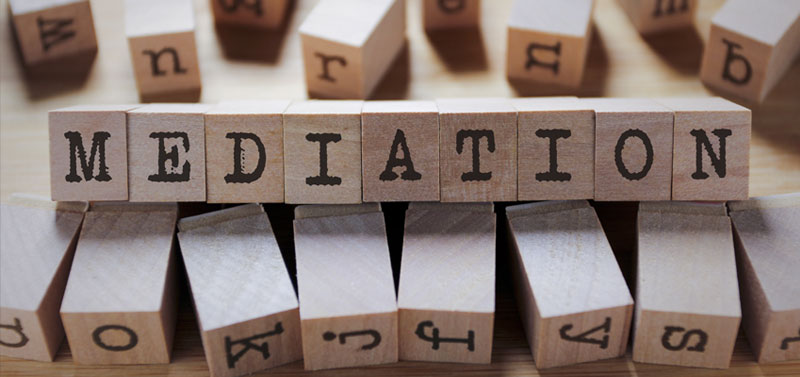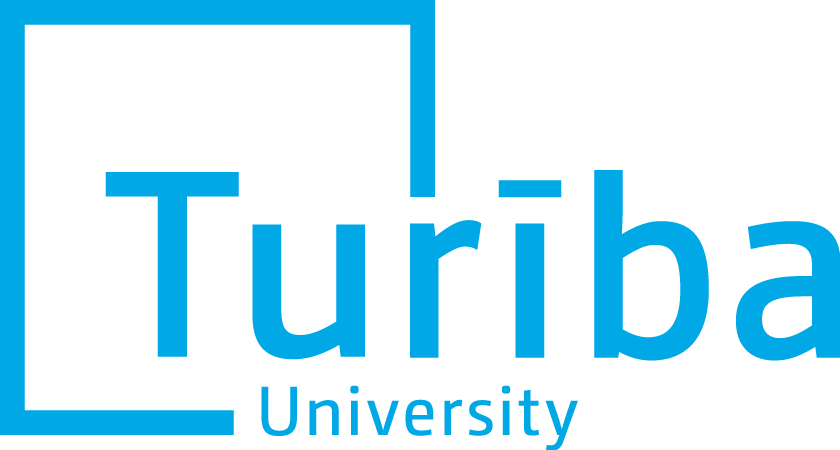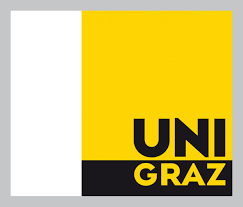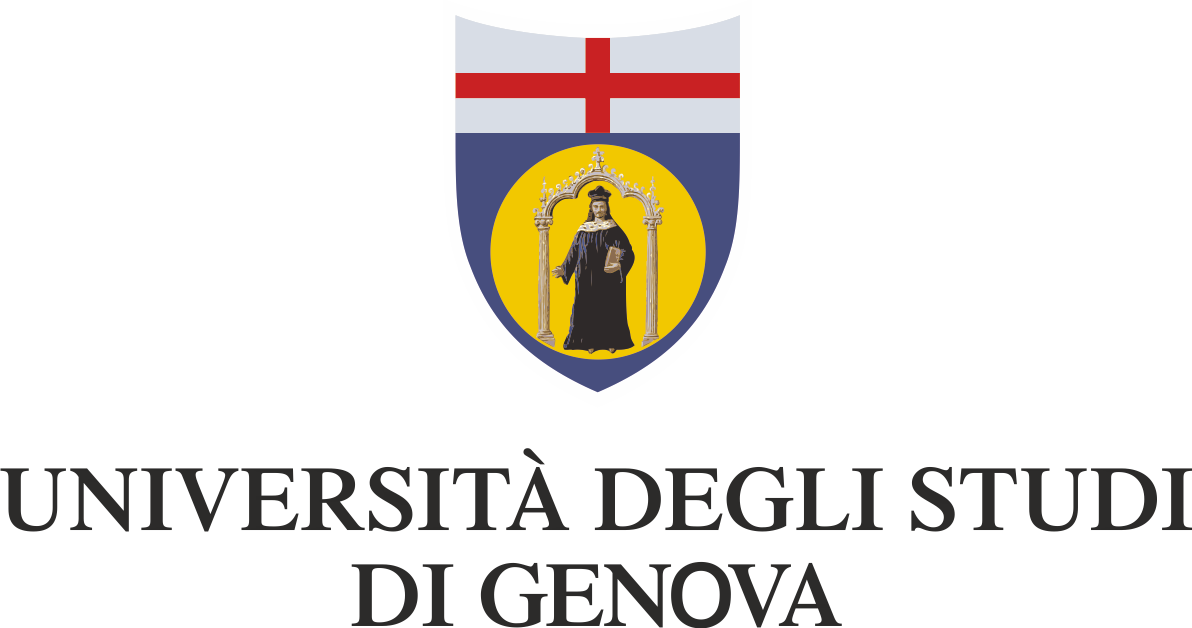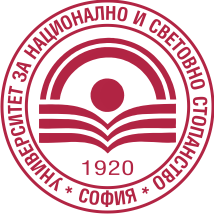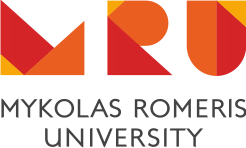ABOUT MEDIATION
Mediation is an effective interdisciplinary method (joining legal studies, entrepreneurship, administration and psychology) of dispute settlement widely known in the USA and the Great Britain. However in the continental Europe mediation is just starting its way to success. A Directive of European Parliament and Council 2008/52/EC on certain aspects of mediation in civil and commercial cases encourages all Member States to introduce mediation in the shortest terms as equal instrument for dispute settlement.

The EU Directive 2008/52/EC obliges all EU countries to introduce normative enactments about mediation, as well as to actively introduce mediation in line with other methods of settlement of disputes – courts and arbitrations. Although it is technically non-complicated to pass such legislative instruments, the hardest burden still awaits all Members States. Namely, changing of society’s understanding about mediation as a tool for alternative settlement of disputes of civil, criminal and administrative nature. Although mediation as a method has some historical roots in each country, it is still poorly known in the layers of society subjected to litigation. Therefore, the particular moment while mediation legislation is freshly coming in effect, is a high time to educate even more students about the benefits and gains of mediation as a tool for settlement of disputes.
Although EU Directive 2008/52/EC refers to mediation in civil and commercial cases, the method of mediation can be equally used in criminal cases during restorative justice process and also in wide spectrum of international cases.
During the mediation process, principles of voluntariness, neutrality, equality and cooperation are applied. Namely, mediation is possible if disputants at their own choice agree to mediate and participate in the process at their free will. Forced mediation would not be either possible or effective. Mediator at all stages schould remain neutral and impartial, refraining from giving any advice, as the settlement rests on mutual decision of the parties. Mediator guarantees equality for both (or in the case of group mediation – all) parties. Equality is important in all aspects of mediation, starting from technical organization of the mediation, up to possibilities to speak during mediation. Due to the fact parties, not the mediator, adopt decisions for settlement of dispute in mediation, close cooperation between the parties is necessary. Therefore, mediator encourages the parties to work in close cooperation and organizes the best possible environment for mediation sessions.
Mediator uses special skills and techniques to lead the parties to possible settlement. Open questions, rephrasing, active listening, using of tools for visualization of the elements of conflict are just some of these techniques. Mediators might specialize in some types of disputes, for instance, leading mediation sessions just in Family law or Employment law issues. However regardless of specialization, mediator is not allowed to provide consultations for parties, as that would be contrary to the neutrality principle.
Popularity of mediation is growing with each settled case of mediation and with a number of persons participating in mediation sessions. It has high potential to settle disputes in amicable manner and releasing courts from judicial involvement.
